| |
 |
| |
| Thomas William Compton born 1897 |
| |
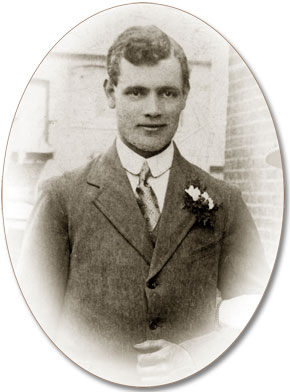 |
| Thomas (known as Billy) |
| |
|
|
 |
| |
| |
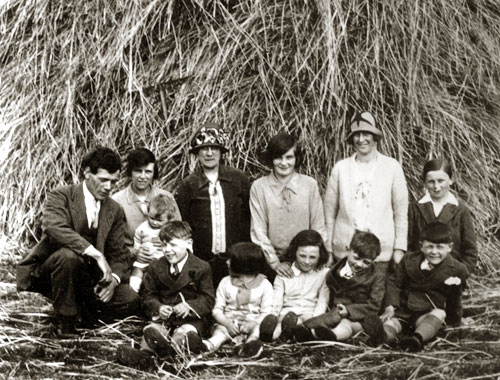 |
| Back row from the left: Billy, Emily, Emma Compton (Billy's mother) c1930. |
|
|
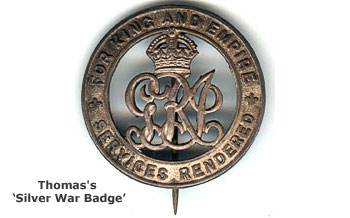 |
The decoration was introduced as an award of "King's silver" for having received wounds or injury during loyal war service.
A secondary causation for its introduction was that a practice had developed in the early years of the war where some women took it upon themselves to confront and publicly embarrass men of fighting age they saw in public places who were not in military uniform, by ostentatiously presenting them with white feathers, as a suggestion of cowardice.
The badge was intended to be worn on civilian clothes. Wiki |
|
|
| |
| Thomas's WW1 journal |
 |
|
|
| |
|
|
| Page 31 |
|
Pages 1-6, 7-12, 13-18, 19-24, 25-30, 31-39, other pages |
 |
| |
|
|
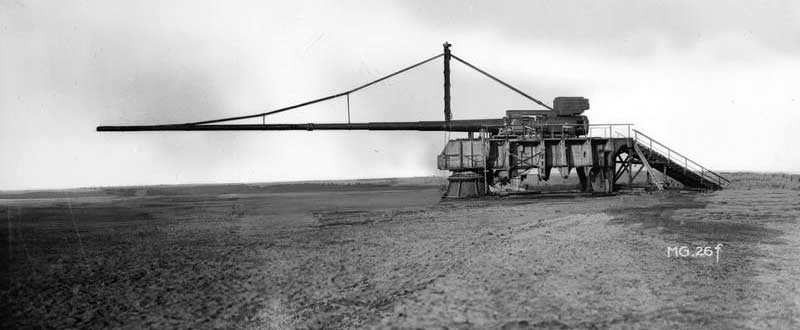 |
| |
|
The German Paris Gun, also known as Emperor William Gun, was the largest gun
of World War I. In 1918 the Paris Gun shelled Paris from 120 km (75 mi) away. |
| Page 32 |
|
|
 |
| Page 33 |
|
|
 |
| |
|
|
|
|
 |
| |
|
|
| Page 35 |
| |
| |
| |
| |
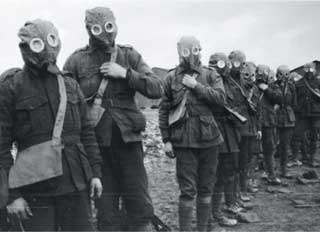 |
| The P helmet, PH helmet and PHG helmet were early types of gas mask issued by the British Army in the First World War, to protect troops against chlorine, phosgene and tear gases. ... Around 14 million were made and it remained in service until the end of the war. |
| |
|
|
 |
| |
|
|
|
|
 |
| |
|
|
|
|
 |
| |
|
|
|
|
 |
| |
|
|
|
|
 |
| |
|
|
| |
|
|
| |
|
| |
| |
| |
| |
|
|
|